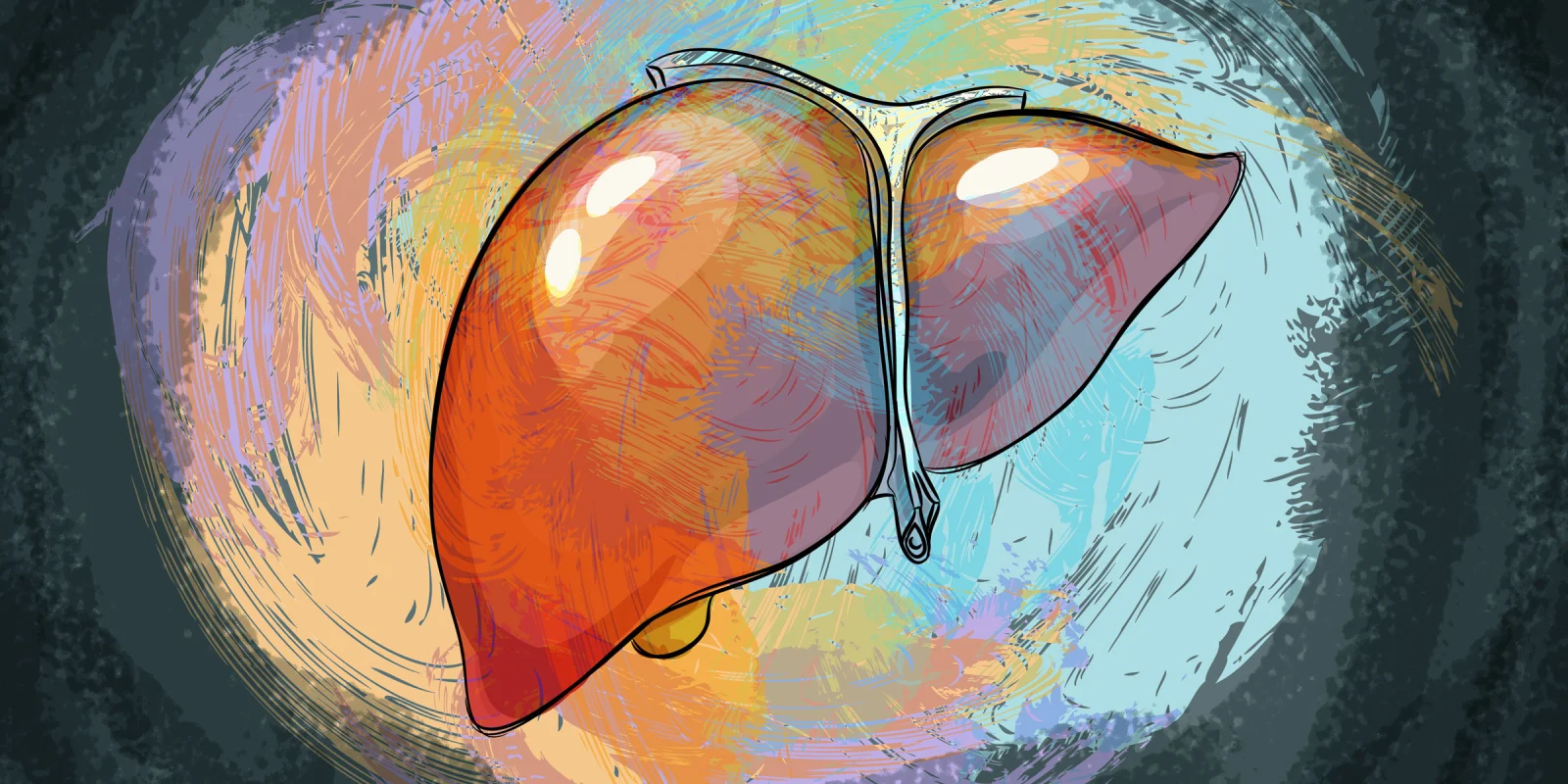Recently, I came across an article on NPR about inequality in the distribution of liver organs to patients with prior alcohol use. As reported by the National Epidemiologic Survey on Alcohol and Related Conditions, high-risk drinking and alcohol use disorder (AUD) has increased in all socio-demographic groups over the past few years. Some may say that alcohol-related liver failure is a self-inflicted disease, and therefore should preclude eligibility for receiving a precious organ. However, as an intra-abdominal transplant NP, I know firsthand that this creates a disparity in health care.
In the NPR story, I learned about a man who was a father, full-time employee, and coach — and who was also addicted to alcohol. The night before this patient planned to enter rehab, he suddenly became ill with severe alcoholic hepatitis. As it turned out, the only thing that would save his life was a liver transplant (LT). The patient went to an LT center in Missouri — but was turned down because he was considered high risk for a transplant due to his lack of sobriety and no proof of rehabilitation. Even so, this patient’s family would not take no for an answer. Next, they traveled to the University of Kansas, where the patient was again denied a life-saving transplant. Finally, they found the transplant center at the University of Iowa.
At Iowa, a six-month waiting period is typically recommended before transplant; however, in this instance, the patient’s transplant was approved because it was evident that he would not survive without a new liver. Upon agreeing to attend counseling and a treatment program after his recovery from surgery, the patient received his transplant. Today he has been sober for over 18 months, and is grateful to see his two daughters become young adults.
As I listened to this story, I began to wonder: What is the difference between harming oneself with alcohol as compared to harming oneself with excessive unhealthy food? Insulin is not withheld from the person who has self-inflicted diabetes. Both individuals have consumed things that are harmful, causing an organ to fail. How can we give insulin to the overweight person with diabetes and not allow a liver transplant for someone with AUD?
In addition, those who have smoked cigarettes and then are later diagnosed with lung cancer can also be considered people with a self-inflicted disease. Even though they may have smoked, life-saving surgery and chemotherapy are not withheld. Just like in these scenarios, there need to be less restrictive policies allowing LT for alcohol-related liver disease patients who fulfill the criteria for a successful outcome.
Over the past several years, increases in alcohol use have been observed worldwide, and today AUD is the leading cause of liver disease in the U.S. and globally. The increased acceptance of LT for this population, along with the approval for Medicaid coverage, cannot come soon enough. There are studies that show that there is no difference in alcohol relapse rates in those who have been abstinent for six months as compared to those who have not shown abstinence prior to LT. In fact, it has been found that 83-90% of patients with AUD do not return to harmful drinking after LT.
Since 2011, there have been shifting attitudes within many LT centers toward early LT for patients with alcoholic liver disease. Today, LTs are conducted in 38 states across the U.S. In 14 of those states, Medicaid covers the cost of a life-saving LT without the requirement for proof of abstinence. However, in the remaining 24 states, there are restrictive policies that do not allow Medicaid to cover the cost of an LT without proof of abstinence or alcohol rehabilitation — which creates a disparity in access and distribution of health care.
According to a 2020 survey study of over 800 U.S. adults, 60% reported increased drinking during the COVID-19 pandemic. An additional study of adults with pre-existing AUD found that being in lockdown was a risk factor for increasing alcohol consumption, as well as relapse among those who had been abstinent. This rise in harmful drinking means that there are now even more patients who will be denied the opportunity for liver transplantation if needed. This rise, coupled with the pandemic-induced job losses that have increased the number of patients on Medicaid, makes the problem of unequal access much more urgent.
In a nation where there is purportedly liberty and freedom for all, we must provide equal access to health care for all. Proof of abstinence should not be mandatory for the patient population who are proven able to meet the strict criteria for predicting a successful outcome after transplant. This nation must redirect its efforts toward the prevention of harmful drinking instead of the restriction of health care coverage for life-saving treatment.
How do you approach treating patients with AUD who may or may not need a liver transplant? Share your strategies for compassionate care in the comments below.
Cindy Greenberg is a nurse practitioner for an intra-abdominal transplant group at a tertiary medical center in an urban area of New York State. She is currently pursuing her PhD in nursing.
Image by LEOcrafts / Getty







